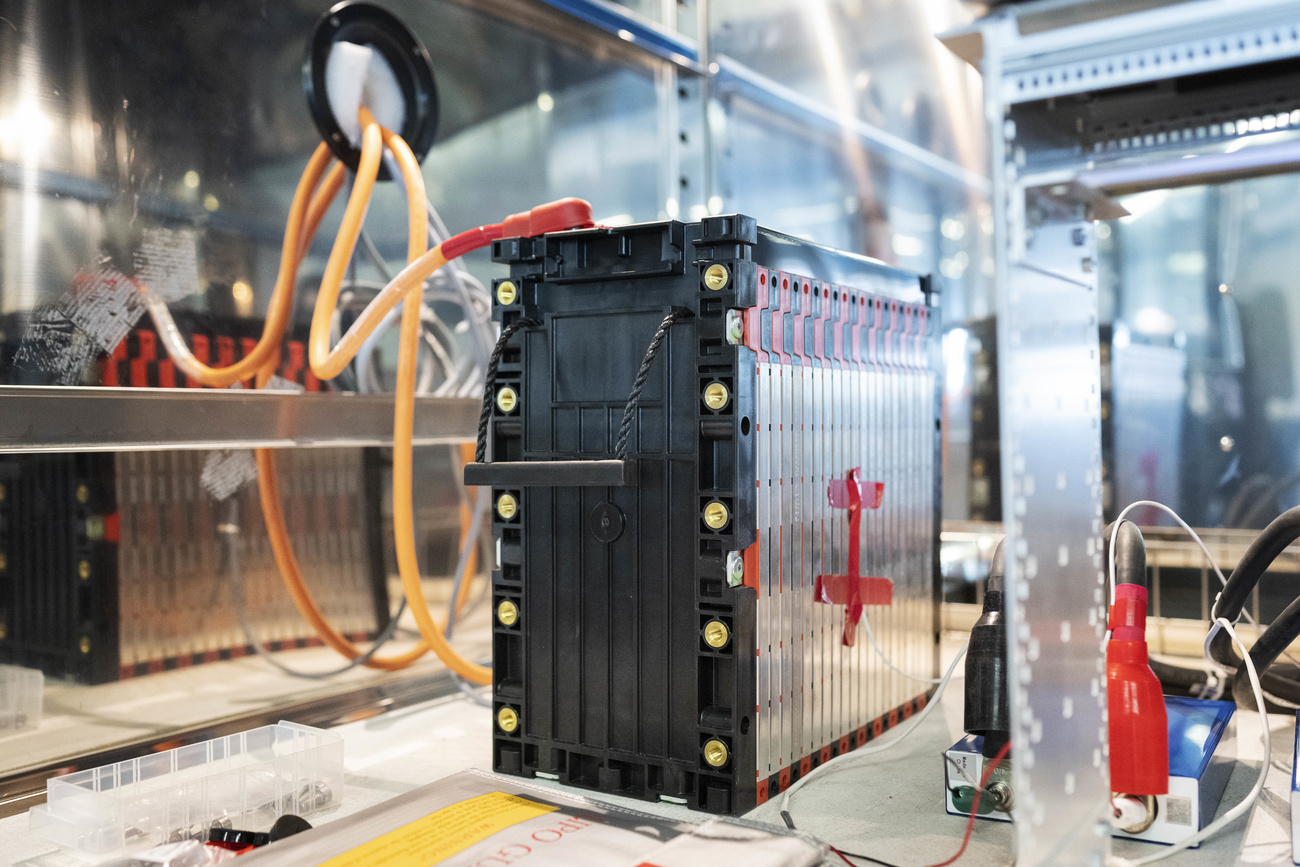Metals tycoon Gupta says Trafigura ‘devised’ $590mn nickel fraud scheme

Prateek Gupta, the businessman that Trafigura has accused of being behind a $590 million nickel fraud, has said in his defence that it was in fact the global commodity trading giant that “devised and proposed” the scheme.
Gupta’s defence has alleged that certain Trafigura employees first proposed trading other materials that would be presented to the Singapore-based commodity trader’s lender Citibank as nickel trades, according to court filings submitted in London on Wednesday.
+ Wheat trade flourishes despite Russian sanctions
“The arrangement to agree contracts with Trafigura for the sale and purchase of nickel but, in fact, to trade other material was devised and proposed by Trafigura,” the legal filings said.
Trafigura issued a worldwide freezing order on Gupta in February and alleged it was victim of a “systematic fraud” perpetrated by Gupta that led to the discovery of more than 1,000 containers holding low-value materials instead of the expensive industrial metal used in stainless steel.
Trafigura said in a statement that it “does not consider the defence to be credible and will vigorously continue to pursue its claim”.
Court hearing due
The alleged claim that Trafigura traders proposed the scheme sets up a blockbuster showdown in London’s High Court where the case is due to be heard.
Gupta’s defence marks the first time that the Dubai-based businessman has stated his side of a scandal that has rocked the global commodity trading industry and raised huge questions over the due diligence procedures in place at Trafigura.
Named in Gupta’s defence as the two individuals who allegedly proposed the scheme were Trafigura’s then head of nickel Sokratis Oikonomou, who recently left the firm, and a senior Mumbai-based trader Harshdeep Bhatia. Neither individual immediately responded to requests for comment.
The defence describes a whirlwind of meetings in glamorous hotels stretching from Dubai to Mumbai as the alleged fraudulent scheme was cooked up and then unravelled.
Correspondence trail
Bhatia in Mumbai in March 2019 expressed Trafigura’s wish to increase nickel trading volumes with Gupta’s companies to 50,000 tonnes a year, the defence said.
Two months later, Bhatia discussed over WhatsApp with Gupta whether to include in the proposal “the possibility of trading scrap metal with nickel and other metal alloys with varying degrees of nickel content in order to meet Trafigura’s required trading volumes”.
In the following days, Gupta, Bhatia and Oikonomou met at Dubai’s Five Palm Jumeirah Hotel where the two Trafigura traders “expressed an interest in trading materials other than nickel in order to increase trading volumes”, according to the defence.
Gupta alleged that the pair stressed the actual purity, specification and value of the materials being traded was “unimportant” to Trafigura.
Gupta’s case is that, based on conversations with Oikonomou and Bhatia, he considered there was a “need to make it appear as if Trafigura was trading nickel” because its financing bank Citi was “generally not prepared to extend credit for trades of nickel with purity of less than 99.8% (i.e. trades of anything other than nickel)”.
After the Dubai meeting, Bhatia confirmed to Gupta that Oikonomou was keen to move forward with the trading arrangement but it would “need to be kept quiet” and appear similar to their previous trading relationships, Gupta claims.
Under the alleged scheme, Gupta’s companies would buy nickel, alloy or scrap from other metals traders, which would then be sold on to Trafigura. By 2022, most were “buyback” transactions in which Trafigura bought metal cargoes from the companies and then sold them back either to the same entities or to others they nominated.
Allegations denied
The defence outlines the case of Gupta and four firms UIL Singapore, UIL Malaysia, TMT Metals AG and TMT Metals UK, which the Indian-born trader acknowledges to be a legal controller of.
Trafigura also brought its claim against a wider set of defendants that it alleges Gupta has “de facto” control of — Spring Metal, Mine Craft and New Alloys Trading. Gupta denies being the legal controller of any of them at any time. The three companies are listed in court records as litigants in person, meaning they will represent themselves in court.
Spring Metal and New Alloys have denied the allegations made against them by Trafigura. Mine Craft could not be reached.
The latter three commodity groups were introduced to the trading arrangement in September 2019 by UIL Singapore’s head of trading Girdhar Rathi “at Trafigura’s request”, according to Gupta’s defence.
Rathi and Trafigura agreed that the introduction of those three companies was intended “to reduce the risk of red flags being raised with Citi as a result of high volumes of trades being conducted only with corporate entities under common ownership”, the filing said.
After nickel prices soared following Russia’s invasion of Ukraine, Trafigura came under increasing pressure from Citi to reduce its activity trading the metal. At that time, Gupta’s companies found it increasingly difficult to make timely purchases of the cargoes from Trafigura.
Last October, Citi cancelled its $850 million credit line to Trafigura that was being used to finance the nickel shipments as red flags around the trading scheme grew.
Gupta described in the defence multiple requests from Oikonomou to produce containers with nickel inside for inspection “in an effort to avoid exposing the arrangement” and to “placate the bank” during the crunch time when Citi decided to pull the credit line.
Citi declined to comment.
Copyright The Financial Times Limited 2023

In compliance with the JTI standards
More: SWI swissinfo.ch certified by the Journalism Trust Initiative










You can find an overview of ongoing debates with our journalists here . Please join us!
If you want to start a conversation about a topic raised in this article or want to report factual errors, email us at english@swissinfo.ch.